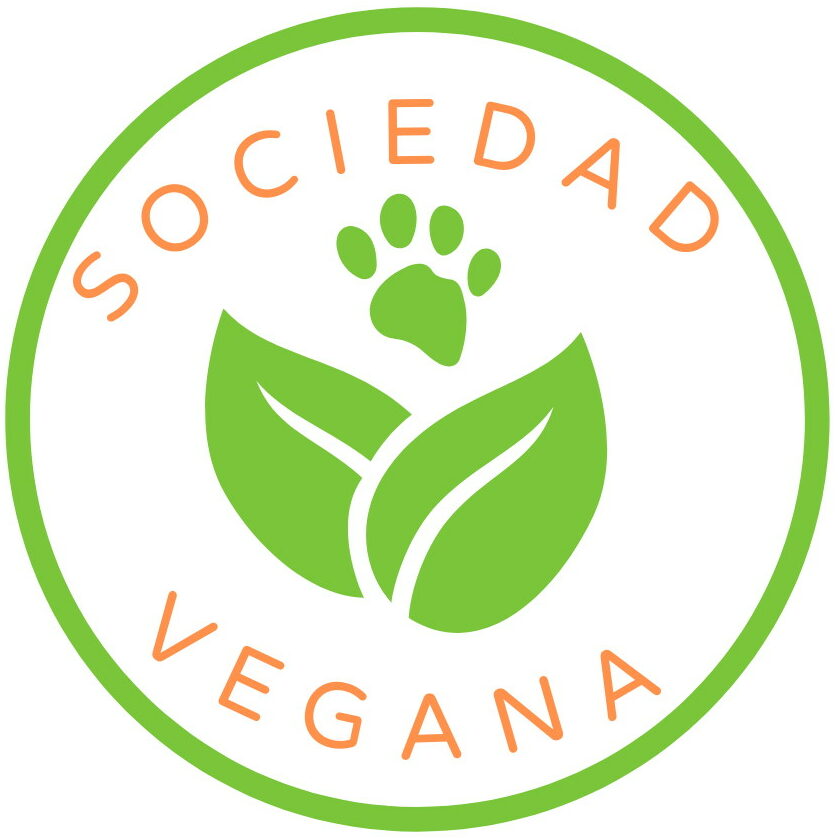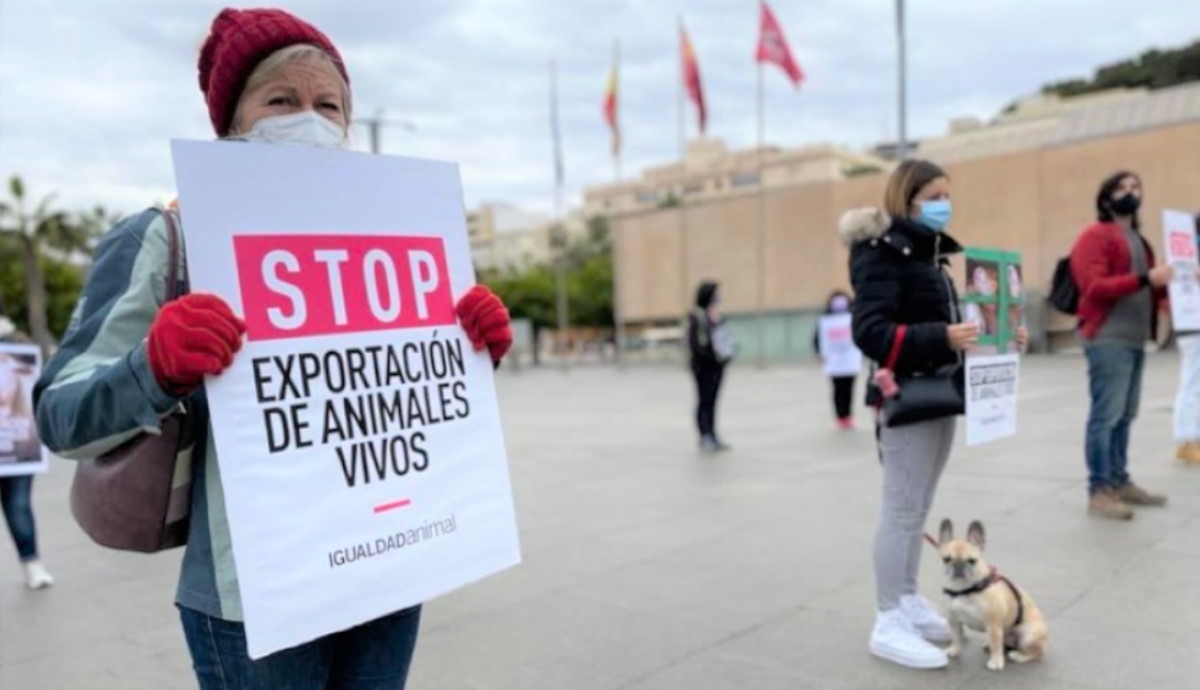The calves on board the vessel Elbeik have stopped suffering. For them, death has become a blessing, as heartbreaking as that sounds.
29/03/2021 Many carcasses were still on board when the Elbeik docked in Cartagena, Spain, while 179 others were dismembered during the voyage and dumped in the Mediterranean, the ship’s captain explained.
The captain had initially told Spanish authorities that the animals were in good health and welfare, but later acknowledged that their condition had progressively deteriorated due to the three-month long voyage, and that the mortality rate increased as the voyage dragged on.
“Dead, overcrowded calves, unable to lie down, all living together inside a filthy, rusty 54-year-old ship, close together, surrounded by a fetid, toxic accumulation of faeces and urine. Cramped in its congested quarters, with broken limbs, thirsty, dying, moving with difficulty among the corpses of those who had not endured the conditions of the voyage and could not avoid death”. These devastating words are part of a veterinary report drawn up by inspectors from Spain’s Ministry of Agriculture, Fisheries and Food (MAPA) on the condition of the 1,776 calves that travelled to Turkey on board the Elbeik.
In their report, officials say that “in at least three pens there are dead animals half-buried in the manure of their fellow animals. The calves show signs of having suffered a prolonged journey in poor conditions, with evident weight loss, in extreme cases reaching cachexia (extreme malnutrition), eye, skin and motor problems. Many of the automatic drinking troughs were not working and the piping systems were leaking and broken, so the animals were thirsty”.
The Spanish Ministry of Agriculture, Fisheries and Food is the same state body whose administrative incompetence — an error in the certificates of origin of the animals — caused the problem. In an official statement issued on 27 February on the Karim Allah cargo, the Spanish government communicated its decision to forbid the return to Spain of the 895 calves transported on that ship. The communiqué seeks to hold Turkey responsible, although without elaborating on its reasons or providing any documentation. Turkey, meanwhile, merely prohibited the disembarkation of the animals transported not only on the Karim Allah, but also on the Elbeik, arguing that, according to the documents, the calves came from areas with outbreaks of bluetongue.
The suspicions against Madrid are accentuated by its secrecy, even after having received a formal request for information sent by the Committee of Inquiry on Animal Transport set up by the European Parliament to the Spanish Minister of Agriculture, Luis Planas. As if that wasn’t enough, a new red flag was raised on Saturday 27 March when the ministry in question prohibited MEP Anja Hazekamp from boarding the ship Elbeik to inspect the situation of the animals, despite having the authorisation of the ship’s captain.
Everything therefore indicates that the Spanish government first tried to conceal its own ineptitude, and then tried to cover up the consequences. The transporter, owner of the Karim Allah, declared in February that “the Spanish state has never pretended to solve the problem and look after the welfare of the animals”.
The nightmare of the calves on the Karim Allah and the Elbeik shows that animal welfare cannot be guaranteed during long-distance journeys and that, in a crisis situation, interventions are either impossible or ineffective, especially when it comes to exporting outside the EU.
It is not known whether the animals were even fed in their last days. It is rather unlikely, as their fate was sealed a long time ago, and anything to do with them would only cause additional expense. Now, the dispute in Spain is over who pays the costs of the slaughter and disposal of the carcasses. In an uncaring and cruel system, where animals are mere commodities, the real concerns revolve around money.
We at Vegan Society hereby call on the European Commission to investigate thoroughly and to identify and sanction the individuals responsible for violating EU animal health and welfare legislation. We also call on the Spanish government to reconsider and cooperate with the investigation, thus correcting its obfuscation and blocking manoeuvres against the MEP.
Perhaps there is a glimmer of hope. Last week Eurogroup for Animals wrote under the headline “No Animal Left Behind: How 2021 could be the year we change the future for farm animals”, that “the countdown is officially on”, referring to its campaign for better animal welfare legislation.
Eurogroup for Animals — along with its 70 members from across Europe — will highlight the failings and poor implementation of current animal welfare legislation and call on the European Commission to commit to revising all legislation, “leaving no animal behind”.
The signatory organisations have 7 demands, covering different aspects of animal welfare. One of them relates to the tragic fate suffered by the animals on board the Karim Allah and the Elbeik: “Each year millions of chickens, sheep, goats, horses, pigs and cattle are transported alive within the EU and to third countries. The journeys can last several days or even weeks, exposing the animals to exhaustion, dehydration, injury, disease and even death. Investigations carried out by Eurogroup for Animals members have repeatedly uncovered serious breaches of the EU Transport Regulation”. The document mentions then the specific case of the above-mentioned ships.
Hopefully, the campaign will succeed in raising awareness and sensitivity among European politicians, and that this sensitivity will result in the abolition of live animal transport. This, in turn, could inspire other nations, other governments, to introduce similar policies.
We join the petition to the EU institutions to use the current revision of the regulation to end the long distance transportation of live animals, allowing only the transportation of meat.
Ideally, all meat trade should become a thing of the past, but that is another story.
Héctor Pizarro
Sociedad Vegana
info@sociedadvegana.com

